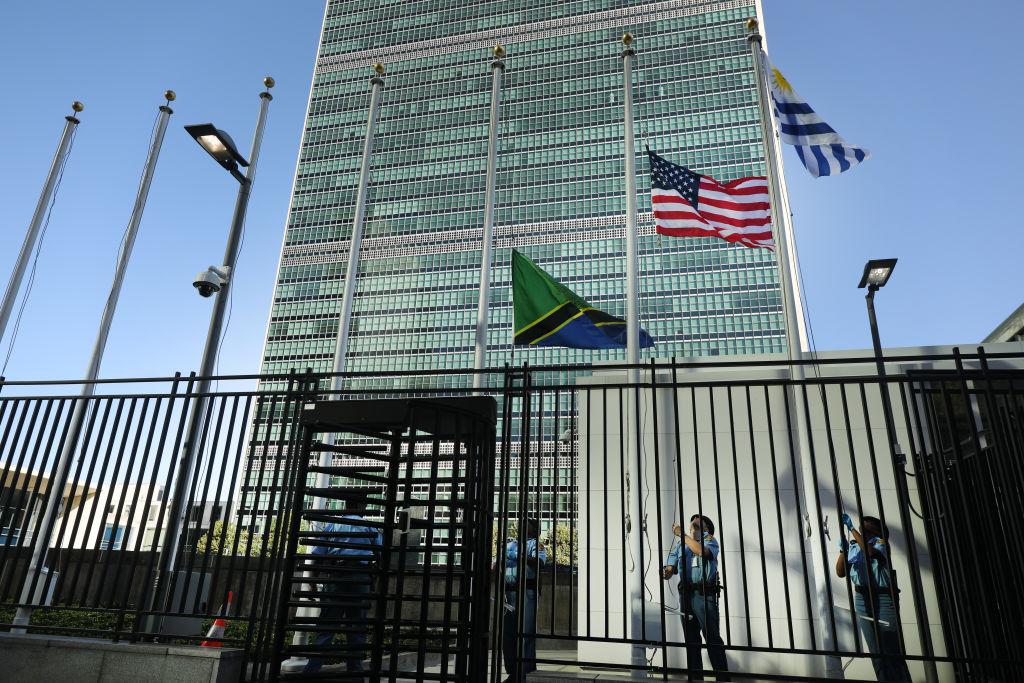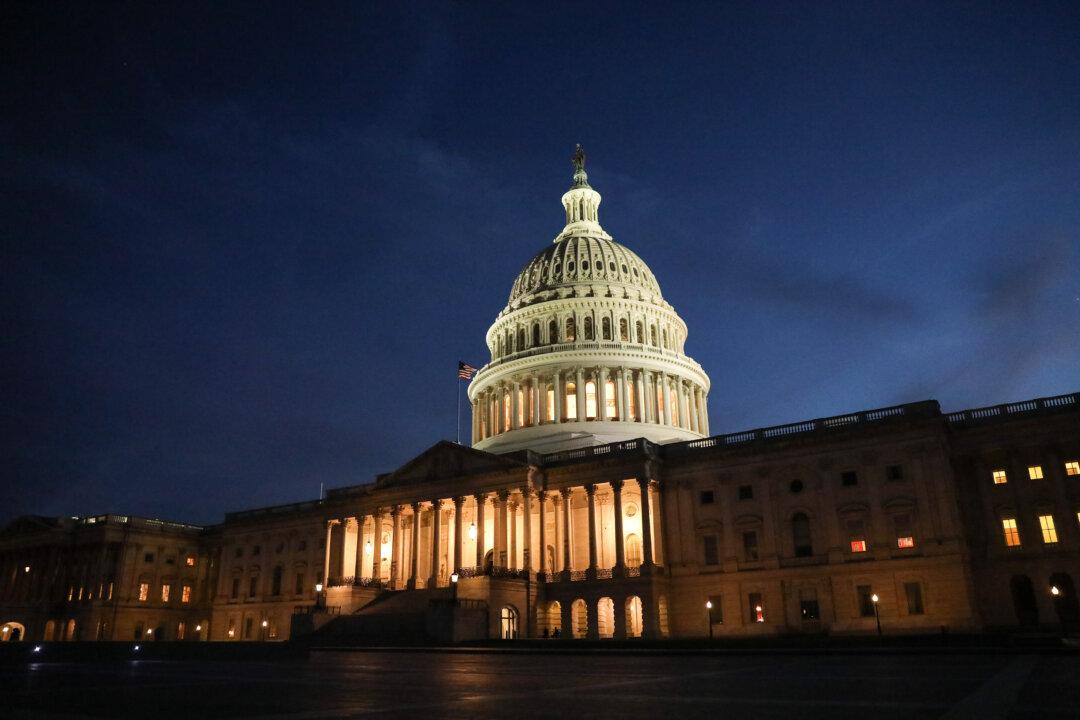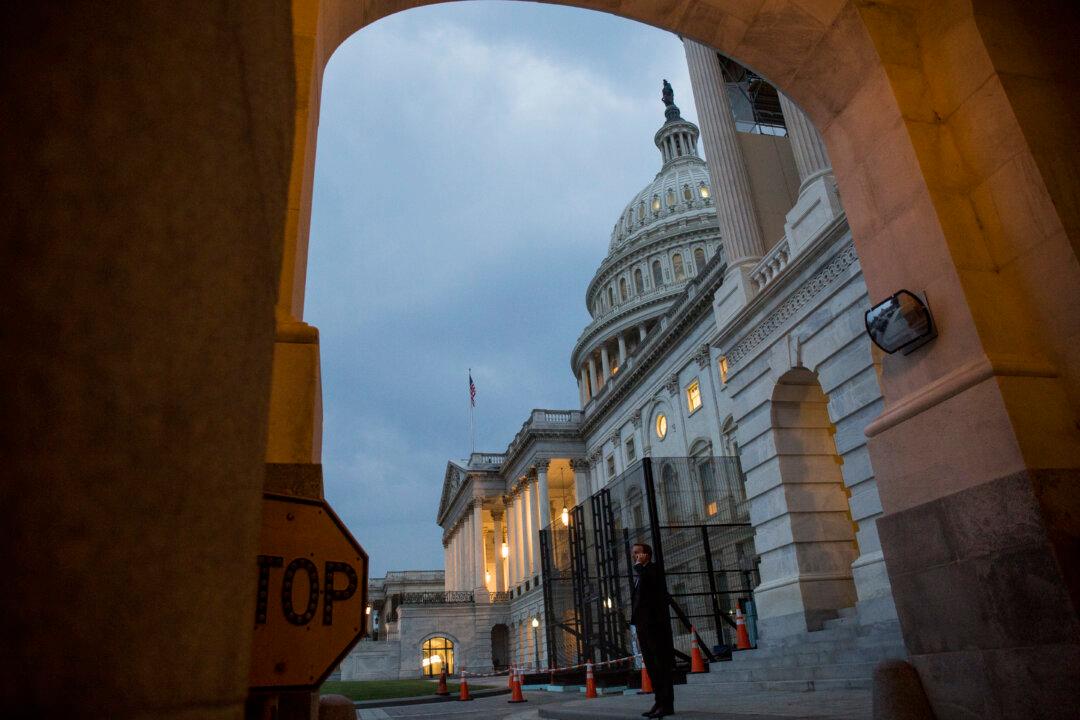Researchers linked to the Chinese government formed a Chinese cell within the Department of Energy, attained access to American genomic data, and recruited other U.S. researchers to join, the bipartisan report stated.
US News
Featured
Foreign-Born Researchers at US Agencies Were Secretly Working for China and Recruiting Others, Senate Report Finds

A ground crew member checks out an F-35 plane before a training mission at Hill Air Force Base in Ogden, Utah, on March 15, 2017. George Frey/Getty Images
|Updated:




